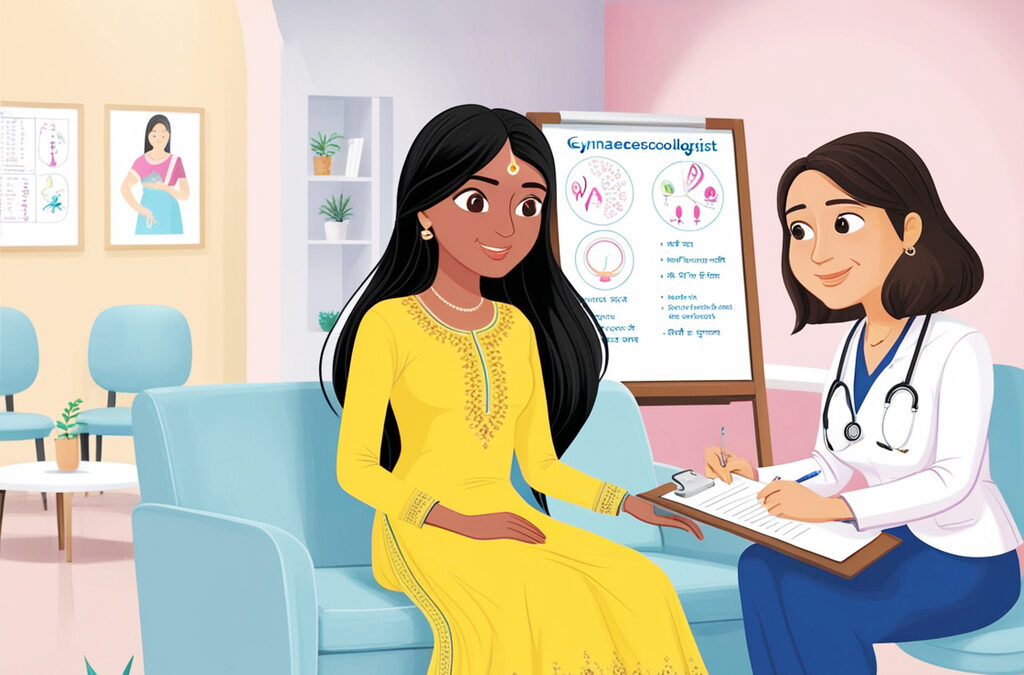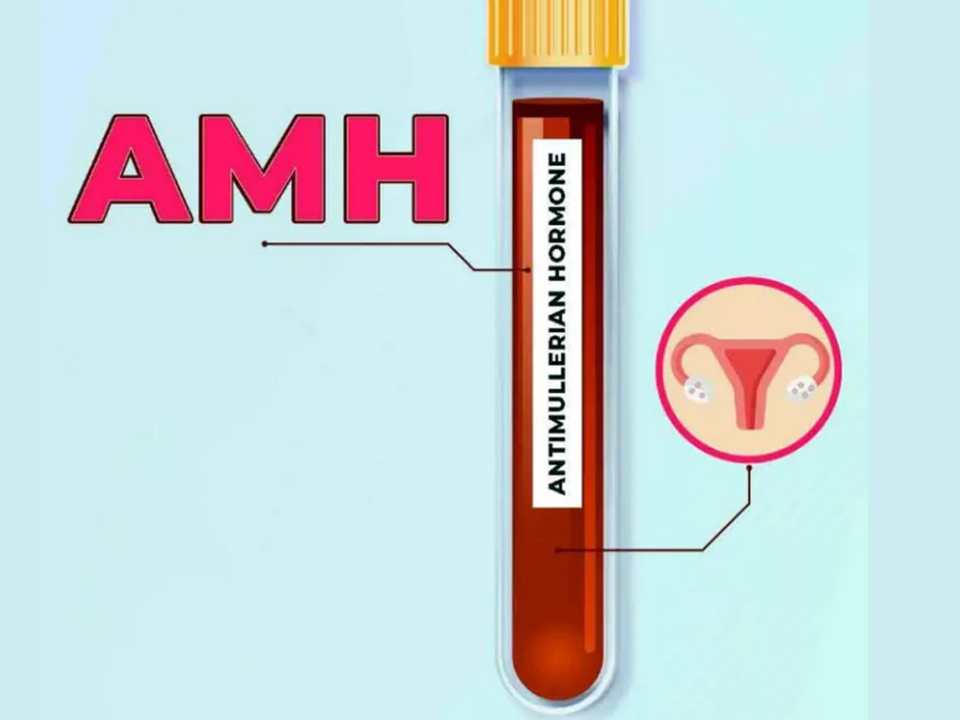Things You Must Discuss with Your Gynaecologist
Everyday Habits and How They Affect Your Heart Health
August 20, 2021
Urological Health and Simple Ways to Take Care of It
October 15, 2021The women folk feel free to discuss anything with their female friends or closed ones. Yet there are certain intimate issues that are faced by almost every woman, which they feel uncomfortable to discuss about in public. Although all women face certain type of intimate issues or these issues may look similar in all women, they do not feel comfortable enough to share those with others.
Every time you visit a doctor, it is very important to provide to the doctor the detailed information about yourself. However, unfortunately many women are unaware of the important facts that they need to discuss whenever they visit a gynaecologist, so as to enable the gynaecologist to provide them with the best recommendations. In case you are visiting the same doctor for years, let him/her know about the changes that have occurred in your body in the past years. On the other hand, in case you are visiting a new doctor, jot down all the important information about your body, so that you miss none during your appointment. Remember! Do not forget to share the smallest of information with your doctor if you wish to avoid any health risk. Even problems that might seem to be small at present can cause severe health problems in case they are not treated on time. Many diseases can be avoided or cured if caught at early stages.
Here are some very important queries that women should discuss with the doctor:
- Personal Medical History:
It is very important to be honest and frank with the doctor about your medical history. Do not consider any information as unessential. Sometimes you may avoid a particular information considering it is already mentioned in your case file. But it is suggested not to do so because the information may sometimes get missed out. It is essential to aware your doctor with at least the following:
- Diseases or conditions that you have been through (physically and mentally), including STDs.
- The date on which you had your periods the last time
- About an abnormal period (if you had any)
- If you are allergic to any drug or latex
- If you are under any kind of medication at present (including vitamins, birth control pills, and/or any alternative medicines, viz., herbal remedies and other supplements)
- Family’s Medical History:
Sharing your own medical history is not enough. Discuss with you doctor the medical history of your family. Inform your doctor if any of your immediate family member(s) have any kind of diseases(s) or health issue(s), such as diabetes, thyroid, high blood pressure, cancer, heart problems and the like.
- Vaginal discharge:
Not just the smell, but the frequency of vaginal discharge also differs from women-to-women. This is a part of the genetics, and completely normal but specific to every woman. But it is important to have a track on certain points, like the color and consistency of your discharge (the most important point), how many times a month you have a vaginal discharge and so on. The next time you visit your gynaecologist, do remember to mention about your vaginal discharge.
- Periods:
Always keep a track of your menstrual cycle. It is important to monitor the first two days of your period every month to make sure whether your cycles are consistent. In case something is wrong, you can surely notice it. Do not hesitate to share with your doctor, if you find anything unusual or wrong with your periods. So do not forget to keep a watch of your period cycle.
- Check-ups:
Another important query found among the women is how often do they need to go for checkups? Although the answer to this may be different for different woman, yet it is advisable to go for checkups at least once in a year. In case you have an active sexual life, it is recommended to make use of protection to keep yourself safe from acquiring sexually transmitted diseases or infections (STDs or STIs).
- Fertility test:
Your age and physical condition may arise in you the need to undergo a fertility test, to check whether or not you are still capable of conceiving. Undergoing a fertility test is very simple. All you need to do is discuss about it with your gynaecologist.
- Pregnant or trying to conceive:
It is very important to inform your doctor if you are pregnant or trying to conceive. Your doctor is the best guide for pregnancy or conception.
There are multiple factors that may cause a delayed pregnancy and these factors are different for every woman. Therefore, the best way to overcome this problem is to consult your gynaecologist.
Thus, to have a healthy body, it is very important to keep a regular track of your body and find answers to all your questions related to your health.
To Book an Appointment with the Gynaecologist at Vasundhara Hospital, visit here https://vasundharahospital.com/gynecology-obstetrics/



